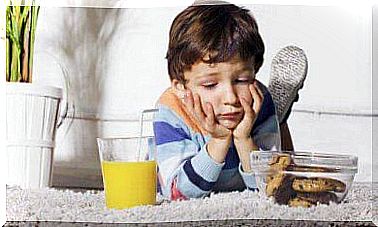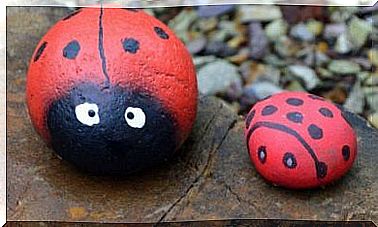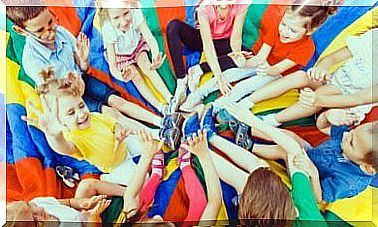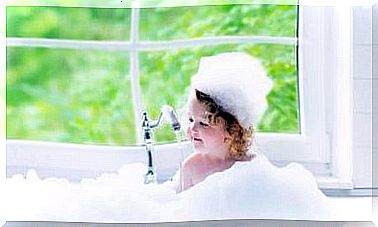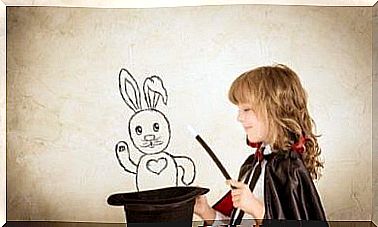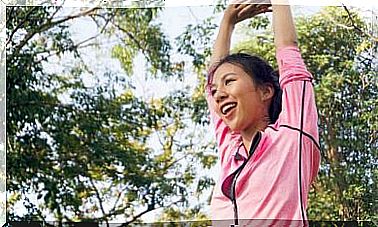5 Board Games To Improve Attention
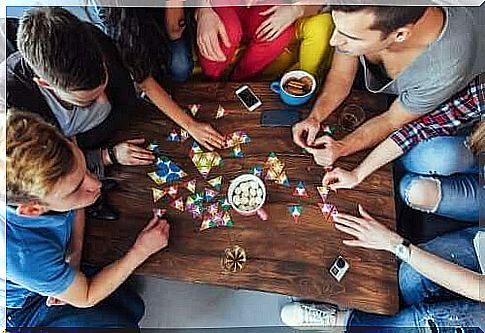
Attention is a complex, functional system that facilitates the processing of information. It allows us to select the necessary stimuli to perform various sensory, cognitive and motor activities. That is why, in today’s post, we will propose 5 board games to improve attention in children.
It is important to develop and work on this ability, from children are very young. This is because it is fundamental to be able to pay attention when it comes to the optimal functioning of any cognitive process. So, pay close attention to the following games and make plans to play them with your family.
5 board games to improve attention
Lince
In Lince, a card game of Mexican origin, players draw a card showing a specific picture. Next, they must look for the same image among more than 200 objects that are on the board. While playing, children do not just develop concentration and attention. It also maximizes the development of:
- Coordination of hands and eyes.
- Improved observation skills.
- Visual acuity and distinction.
- Reflexes.
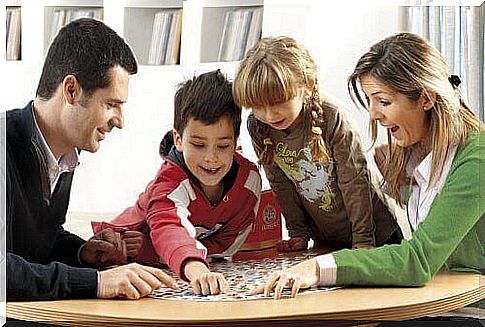
As the name of the game indicates ( Lince means los), one has to have eyes like a cat to win this game.
Simon, the electronic game
Simon is an electronic game that first came on the market during the 1980s. However, it is, today, a popular tool for improving a person’s ability to pay attention and remember. The game is shaped like a hard drive, divided into four different quadrants: green, red, blue and yellow. The quadrants light up and make a sound in a specific order that creates sequences that players must remember.
So, the players have to reproduce the sequence they have observed by pressing the right colors. As they progress, the game becomes more and more difficult, and the sequences become longer.
Board games to improve attention: Spot it!
Spot it! (also known as Dobble) is another excellent board game that improves attention and mental agility. It consists of a sum of 55 cards, and 8 different pictures appear on each of them. Each card is different and one of the images always matches an image on another card.
In this regard, the goal of the game is to draw two random cards and identify the objects that appear on both. And, of course, you have to do it as fast as possible to win.
Speed Cups
This game to improve attention, reflexes and mental agility is unique because it involves playing with cups. Players must first observe a variety of objects in different colors. Next, based on the order, they should take five colored cups and put them in the same order, as soon as possible. The first player to complete must ring a bell located in the center of the table.
Jenga
Jenga, also called block major, is a simple game, but it offers several physical and mental benefits. For example, playing Jenga improves attention, concentration and more:
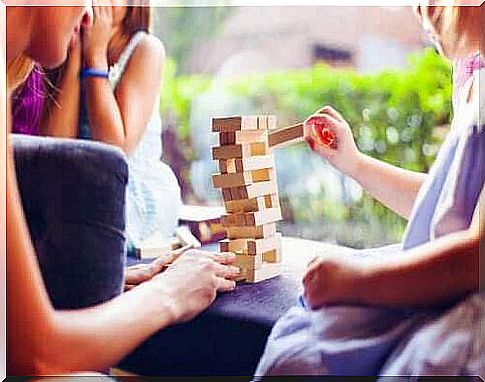
- Logical reasoning.
- Coordination of hands and eyes.
- Visual-spatial perception.
- Fine motor skills.
Before the game starts, players must build a tower of small, rectangular blocks. First, place three blocks next to each other, then three on top of these, facing in the other direction, and so on. To play, players must take turns removing a block from the tower and placing it on top. They must be extremely careful not to overturn the tower. Whoever overthrows the tower has lost the game.
The benefits of board games to improve attention
Board games are a great way to have fun and spend quality time together as a family. Furthermore, they are also ideal for promoting the exercise and training of various cognitive skills… Including attention and concentration.
In this regard, it is important to keep in mind that the best way for children to learn is through play. Play contributes with stimulation in a dynamic, fun and attractive context. With that in mind, we would like to end with the following phrase, from the poet, Diane Ackerman:
